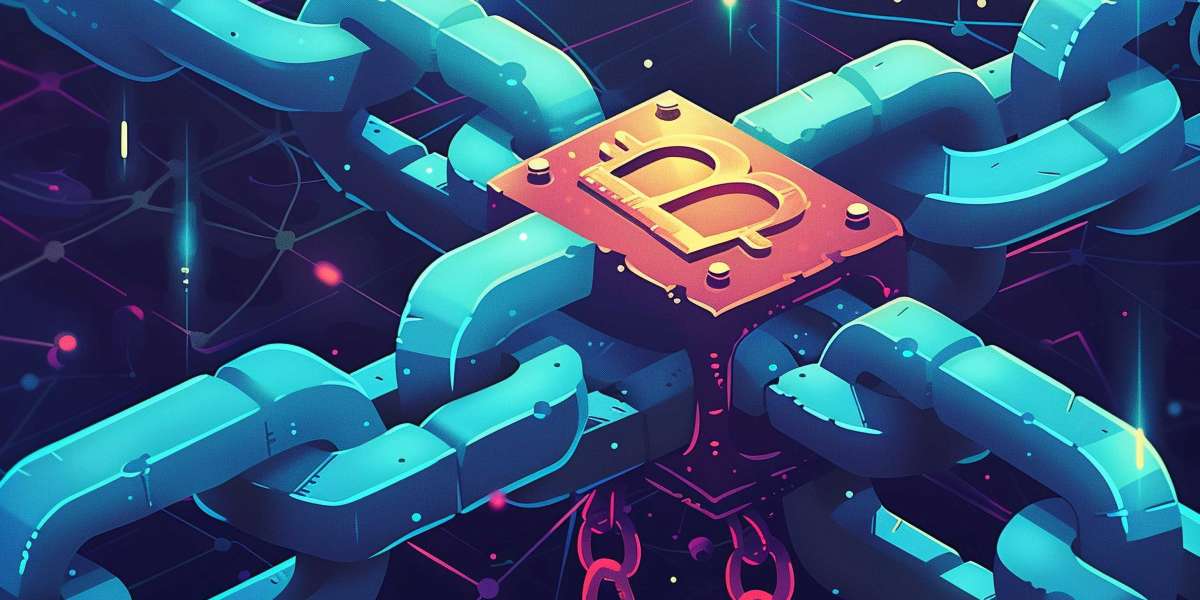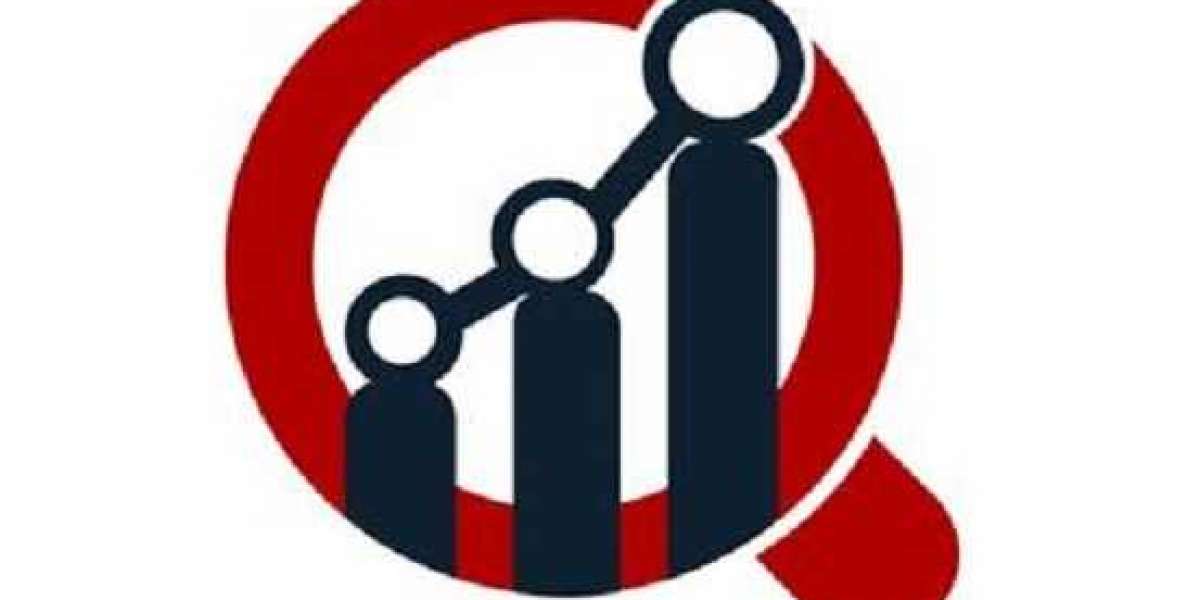Today, in the contemporary digital age, privacy is not a privilege but a battle. From information-hungry apps to intrusive surveillance networks, people are contributing more data than they're aware of. But a cryptography revolution is redefining the narrative: Zero-Knowledge Proof (ZKP) are emerging as the cornerstone for a more private, secure, and decentralized internet.
ZKPs allow a party to prove to another that a statement is true without revealing any related information. Online, this would mean that a user can verify their identity, present credentials, or attest data — without losing private details.
So why's it significant?
The Current Privacy Problem
Every time you login, fill out a form, or use an app, you're putting sensitive data in their hands: your name, email, age, location, and more. Most web applications store this data on centralized servers, which are high-risk for hack, leak, or abuse.
Even when encrypted securely, these platforms still have control over your data. If the server gets hacked or accessed by a third-party user, your privacy is lost.
Enter Zero-Knowledge Proof
Zero-Knowledge Proof flip the script by making the exposure of data unnecessary. Instead of sending the actual age to a website, you could prove being older than 18 — without revealing your birthday. Or authenticate to a system proving you're an authenticated user — without revealing your email or password.
ZKPs enable privacy-first authentication, verification, and communication, the path towards a new generation of secure apps that operate without data harvesting and compromise of personal information.
Real-World Use Cases
Decentralized Identity (DID):
ZKP-based tokens like Polygon ID and Worldcoin use ZKPs to verify identities without storing or revealing sensitive documents. It can power everything from voting systems to KYC-compatible DeFi onboarding.
Secure AI Data Sharing
In AI-powered apps, ZKPs allow models to train and query on sensitive data — without seeing the data. Think about sharing health insights without ever exposing your medical history.
Web3 Apps Wallets:
Web3 apps are adopting ZKP to let users make anonymous interactions, sign smart contracts, or send tokens without revealing wallet balances or activity history.
Financial Privacy:
From privacy-protected Zcash transactions to zkRollups on Ethereum, ZKPs are enabling fast, low-cost, and confidential financial transactions on public blockchains.
The Future
With regulation like GDPR and increasing consumer awareness demanding more control over data, ZKPs will be pivotal in designing a privacy-friendly digital world. They're not a solution — they're a block for user-empowered data, decentralized identity, and trustless apps.
As the technology evolves, one thing is clear: next-generation internet applications will have privacy by design as their core focus — and Zero-Knowledge Proof will be leading the way.








